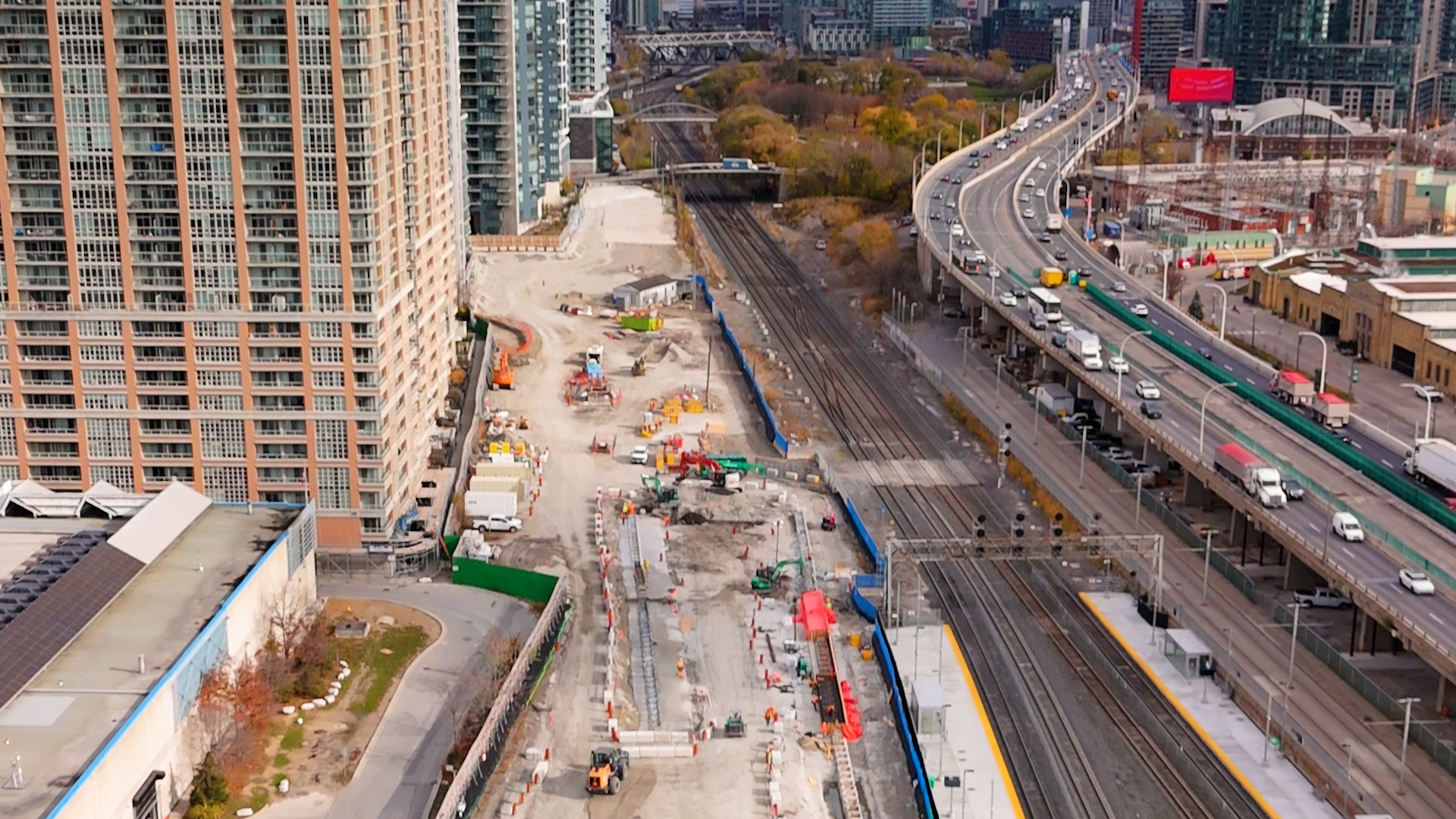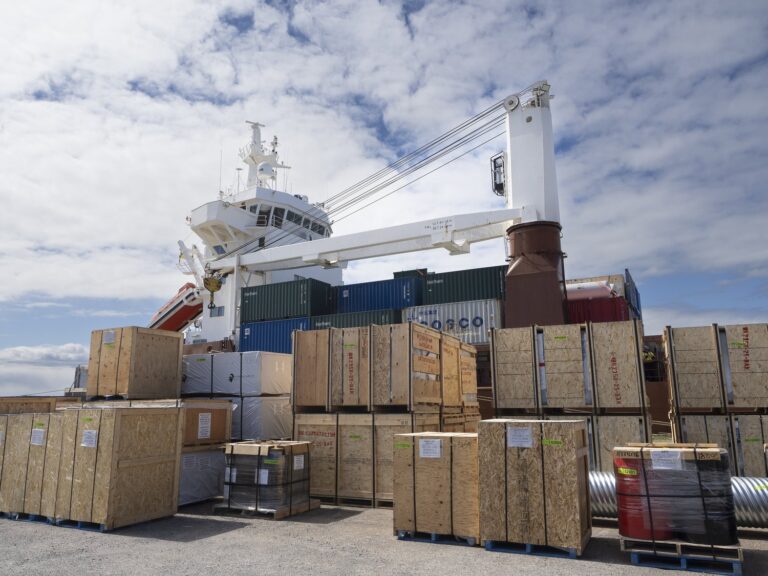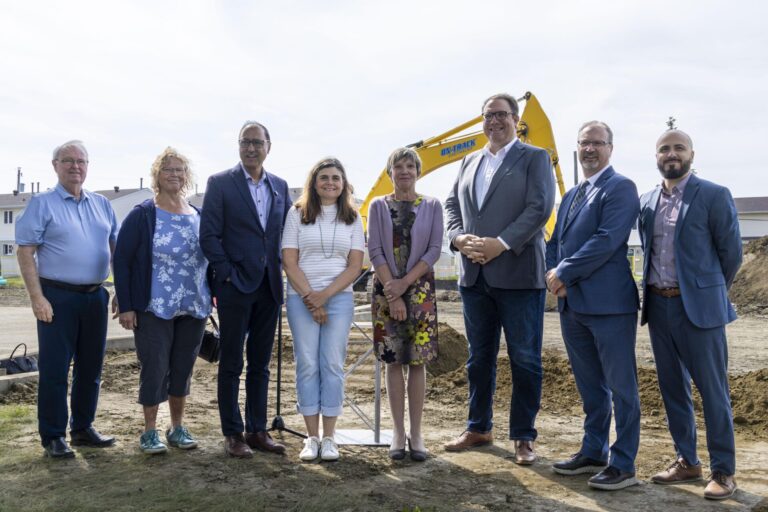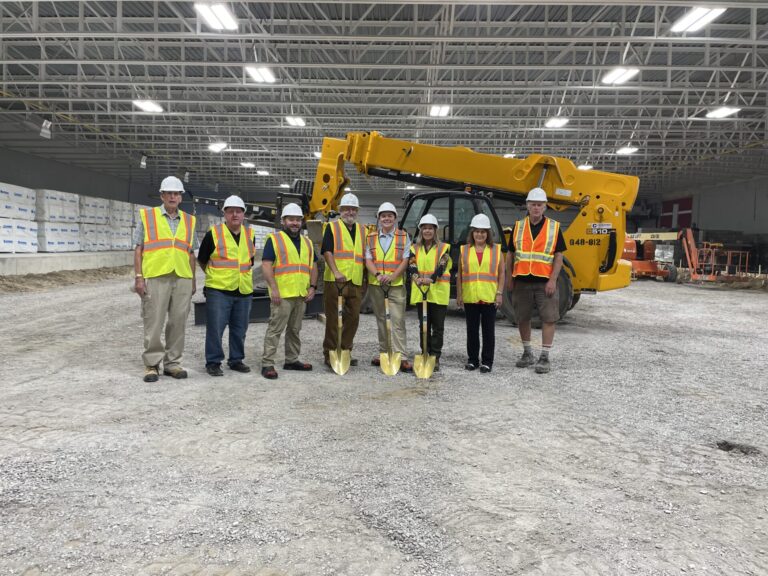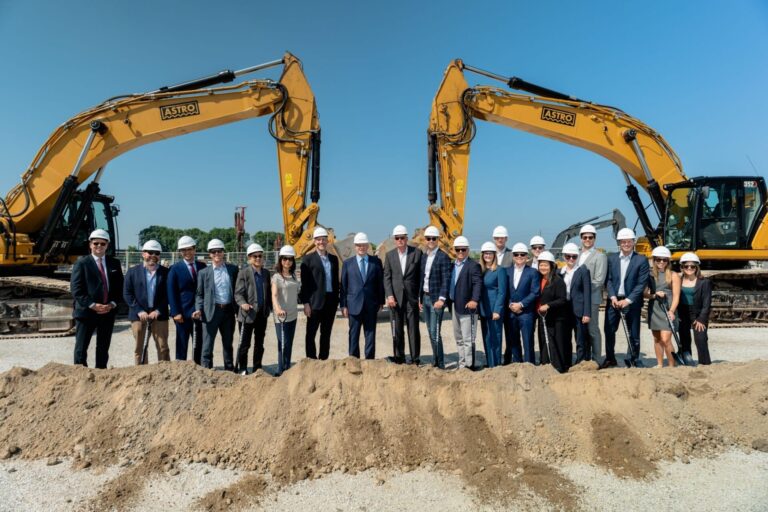After four years on the shelf, the federal government announced the council appointed to deliver Canada’s first-ever National Infrastructure Assessment (NIA).
The NIA will support Canada’s long-term infrastructure planning and decision-making by compiling data and evidence and conducting the research and analysis needed to make informed investments that will serve Canadians well into the future.
The focus will be on the core infrastructure communities need in place to support housing development over the long term – including water and wastewater, public transit, active transportation and waste management – as well as the impact of population growth and climate change on them.
“A National Infrastructure Assessment will help communities across the country plan for infrastructure they will need in the future, while ensuring that it can support a growing population and is resilient to the impacts of climate change. I look forward to reviewing the first assessment that will focus on infrastructure that is essential to building more homes across the country and in turn will help end Canada’s housing crisis,” said Sean Fraser, Minister of Housing, Infrastructure and Communities.
The Canadian Infrastructure Council includes eleven experts from infrastructure-related fields from across the country who bring varying experience and perspectives on the challenges facing infrastructure in Canada. Each member will serve on the Council on a part-time basis until March 31, 2027.
Membership of the Canadian Infrastructure Council:
- Jennifer Angel (chair)
- Peter Weltman (vice-chair)
- Sara Brown
- James Dunn
- Joanna Eyquem
- Graham Gagnon
- John McKendrick
- Doug McNeil
- Catherine Morency
- Ren Thomas
- Judy Whiteduck
“Infrastructure shapes community. By harnessing data and evidence, the NIA will enable communities to plan and invest for the long-term so they can grow and thrive now and into the future. I’m honoured to be working alongside the Council to deliver an NIA that will be a useful tool so that infrastructure operators, owners and investors can make decisions with confidence to contribute to strong and resilient infrastructure across Canada.” said Jennifer Angel, CEO, Evergreen, and chair of the Canadian Infrastructure Council.
While this is a promising first step, more action is needed, according to the Canadian Construction Association (CCA), which has long held this initiative as a cornerstone of its advocacy outreach, with representatives recently raising awareness of the issue on Parliament Hill last month.
“We are thrilled to see the federal government finally take leadership in addressing the need for a long-term plan for Canada’s infrastructure,” said Rodrigue Gilbert, CCA president. “While the scope of the council is incomplete, we do appreciate the government finally listening to the industry responsible for building Canada’s infrastructure.”
While the industry is overall pleased with with announcement, the CCA said the newly formed council lacks clear industry and financial representation. The association has long urged Minister Fraser to appoint an independent representative from the construction industry to the council. Failing to consult with those that build the infrastructure Canadians rely on, and those that finance it, will create significant challenges, according to the CCA. Without this input, there will be a lack of understanding on key issues, limitations, and opportunities that exist in building a strong and resilient Canada.
Featured image: (Metrolinx)

